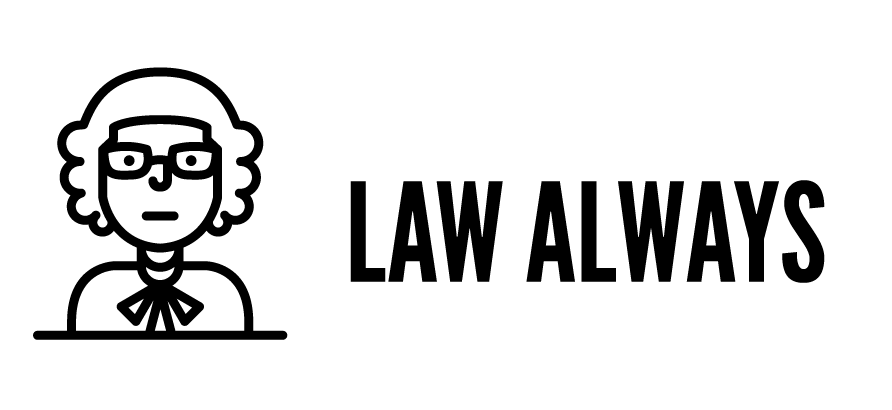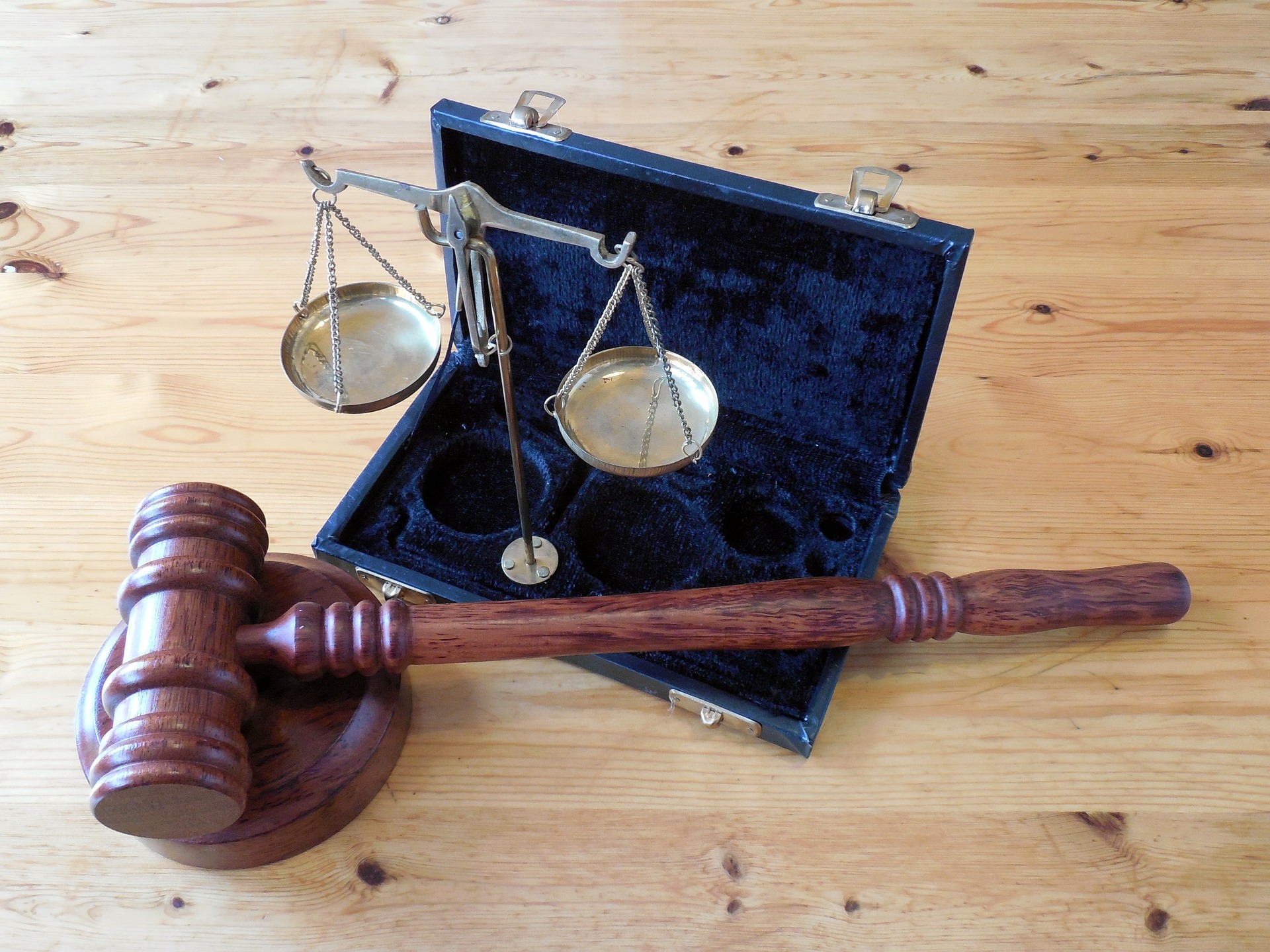Inheritance laws are confusing to follow without a proper guide. When discussing estate planning, a testamentary trust may come up in conversation. By understanding the specifics, you’ll have a better grasp of its benefits.
What Is a Testamentary Trust?
After your passing, there will be questions about your assets. A testamentary trust makes sure that those assets go to the individuals of your choosing. It can be children, grandchildren, or any number of loved ones in your life. Using a trust takes the guesswork out of the estate while leaving you in full control after passing away. There are different types of testamentary trusts, but they all serve an important function when making your decision.
Testamentary Trust Types
Family and separate are the two types. There are benefits to each, so be careful when choosing future needs if they’re based on momentary emotions. These are the two types that you will likely be focusing on when forming a testamentary trust.
Separate trusts are the best type for creating different trusts for each beneficiary. It doesn’t have to be equal across the board, and it allows you more flexibility when dealing with asset types. Management is much easier since the trusts are dealt with individually.
A family testamentary trust is more straightforward when handling assets. All of the owners’ assets are grouped together and distributed based on their child’s needs. It lacks the flexibility of separate trusts but is the best way for a parent to guarantee their children are well taken care of.
A good example of a family testamentary trust is when current wealth is taken into account. If the current beneficiary has a home but the other child doesn’t, then the latter would gain the most by inheriting the house. This is the exact type of scenario that makes a family testamentary trust valuable when managing group assets.
Benefits
There are some noticeable benefits to having trust in place before your passing. Asset protection gives your last wishes a legal umbrella against bad financial decisions or lawsuits. Since your beneficiaries are already selected, it is less likely that they can interfere and reverse your decisions. It also makes it difficult for a malicious company to use the court to wipe out the assets of the deceased.
If income is distributed from a trust, then no taxes are due. This is one of the many tax benefits of a testamentary trust. Taxes are still due on income that isn’t distributed – making every asset count should be a priority when creating it.
Of the many factors affecting pensions, testamentary trust remains one of the positive influences. Pensions are unaffected by your estate in this case and allow you to leave any amount without breaking the rules. When done correctly, a pension can be an additional financial benefit if combined with a testamentary trust.
Trust In the Process
Completing inheritances can be slow-moving, but the important part is that it goes in the right direction. Do your research upfront so that there is less to worry about in the future. If a testamentary trust is in your best interest, then you’ll be rewarded for knowing the process.









